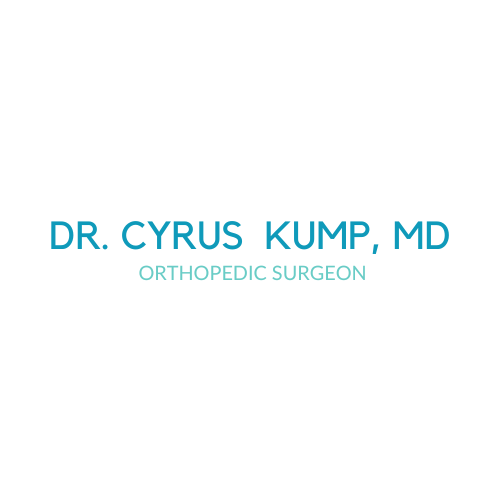Shoulder Surgery Information

Shoulder surgery is a solution for patients experiencing persistent pain, limited mobility, or joint instability when non-surgical treatments, such as physical therapy or injections, fail to provide relief. Common reasons for shoulder surgery include rotator cuff tears, arthritis, labral tears, and shoulder dislocations.
01
Types of Shoulder Surgery
Arthroscopic Surgery
-
Minimally invasive, using small incisions and a camera to repair damaged tissues.
-
Common for rotator cuff repair, labral repair, or removing bone spurs.
Shoulder Replacement Surgery
-
Recommended for severe arthritis or irreparable damage.
-
Includes total shoulder replacement or reverse shoulder replacement for patients with rotator cuff issues.
Stabilization Surgery
-
Treats recurrent dislocations or chronic instability by reinforcing ligaments and soft tissues.
02
Preparing for Surgery
-
Medical Evaluation: Dr. Kump will review your medical history, imaging studies, and overall health.
-
Pre-Surgery Instructions: You’ll receive guidance on medications, fasting, and exercises to strengthen your shoulder.
-
Home Preparation: Arrange for assistance and set up a comfortable recovery area.
03
What to Expect After Surgery
Recovery Timeline:
-
Most patients begin physical therapy shortly after surgery.
-
Recovery duration varies, from 6 weeks for minor repairs to 6 months or more for replacements.
Physical Therapy:
-
Gradual exercises to rebuild strength and improve mobility.
-
Consistency is key to achieving optimal results.
Post-Surgery Tips:
-
Use prescribed slings or braces as directed.
-
Manage pain with medication and ice therapy.
04
Benefits of Shoulder Surgery
-
Relief from chronic pain.
-
Improved strength and range of motion.
-
Enhanced quality of life and ability to perform daily activities.
